Kenya will begin formal negotiations with the International Monetary Fund (IMF) in September, as the government moves to secure a new funding arrangement and undergo its scheduled Article IV consultation.
The Central Bank of Kenya (CBK) confirmed the planned talks on Tuesday, pointing to renewed efforts to reinforce the country’s economic position through international financial support.
The announcement came from CBK Governor Kamau Thugge during a post-Monetary Policy Committee (MPC) briefing, where he said the government had already initiated the process with the IMF.
"We are indeed having discussions with the IMF, and the government did send a letter to the IMF requesting to negotiate a new arrangement,” Thugge stated.
"We are expecting an IMF team to come in September to start discussions on the Article IV consultation."
Read More
The upcoming IMF mission, part of its Article IV surveillance, will conduct a comprehensive review of Kenya’s economic landscape, evaluating fiscal discipline, monetary policy, debt sustainability, and structural reforms.
These consultations form part of the IMF’s routine assessment of member states and often shape future funding engagements.
The September discussions come at a critical time for the Kenyan economy, which faces significant pressure both from volatile global conditions and domestic fiscal challenges.
The government is seeking to bolster macroeconomic stability, manage a weakening shilling, and address concerns over rising public debt—all while maintaining momentum on key development programmes.
Kenya is currently supported by a joint Extended Fund Facility (EFF) and Extended Credit Facility (ECF) programme from the IMF, which has underpinned recent economic reforms and provided budgetary backing.
However, that arrangement is approaching its final phase, prompting authorities to pursue a new agreement tailored to the current fiscal environment.
The proposed new deal would not only ensure continuity of financial backing but also help reinforce investor confidence as the country navigates a difficult economic climate.
The outcome of the September talks may open the door for additional disbursements or a broader reform package under the IMF’s evolving support framework.
As the country prepares for the consultations, policymakers will be expected to present updated data on growth trends, inflation, public finance metrics, and debt service projections.
The talks are anticipated to lay the groundwork for a longer-term strategy aimed at fiscal consolidation, currency stabilisation, and economic recovery.

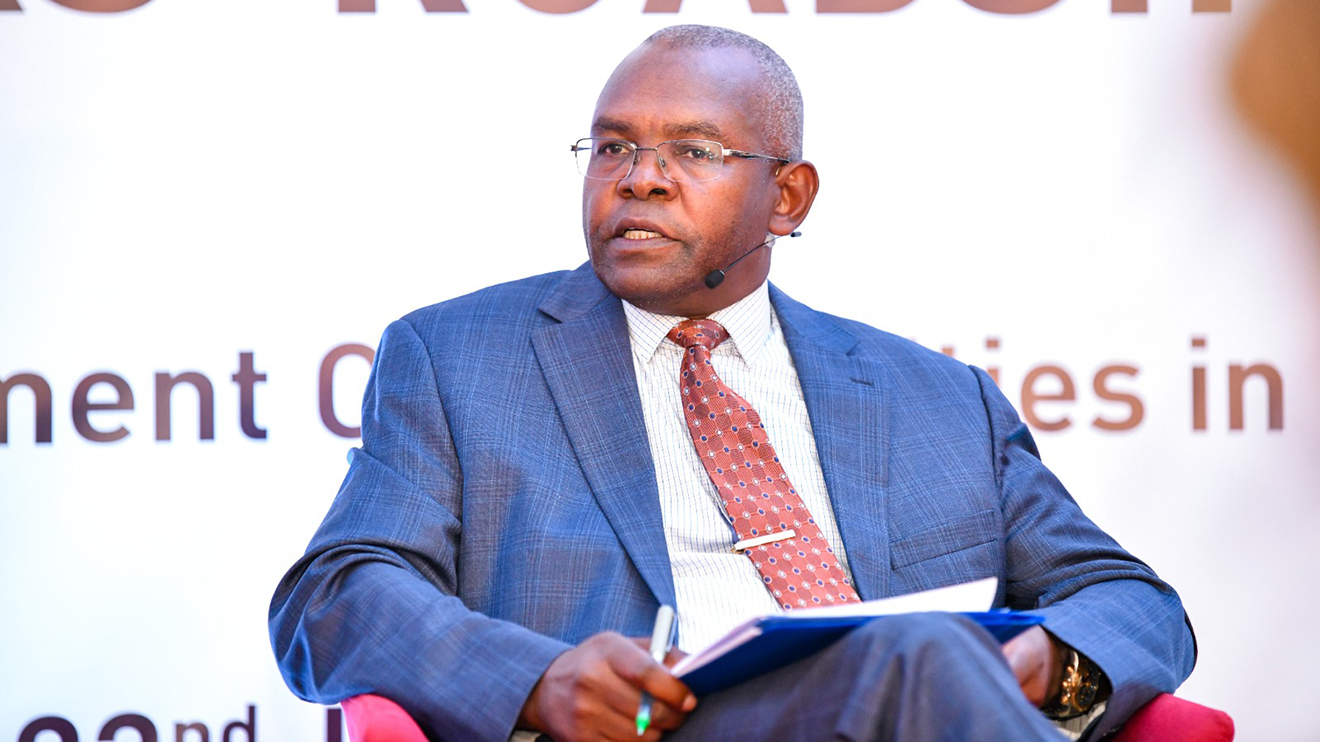
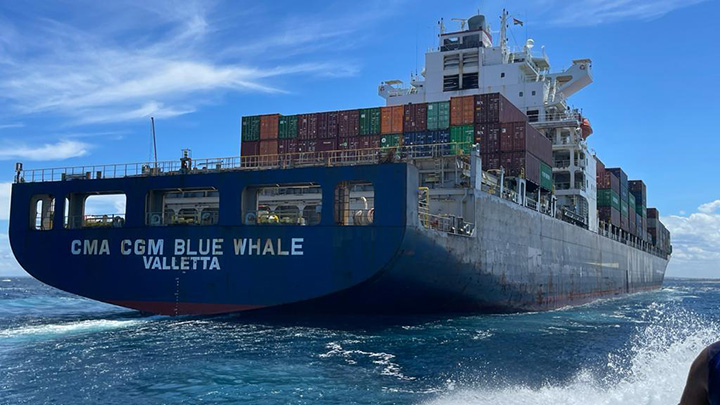
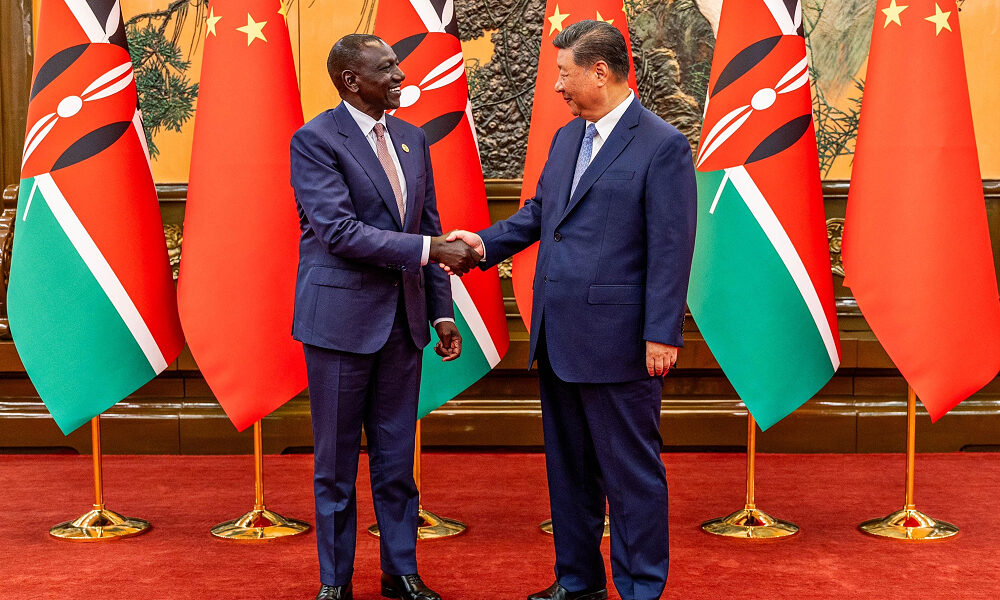
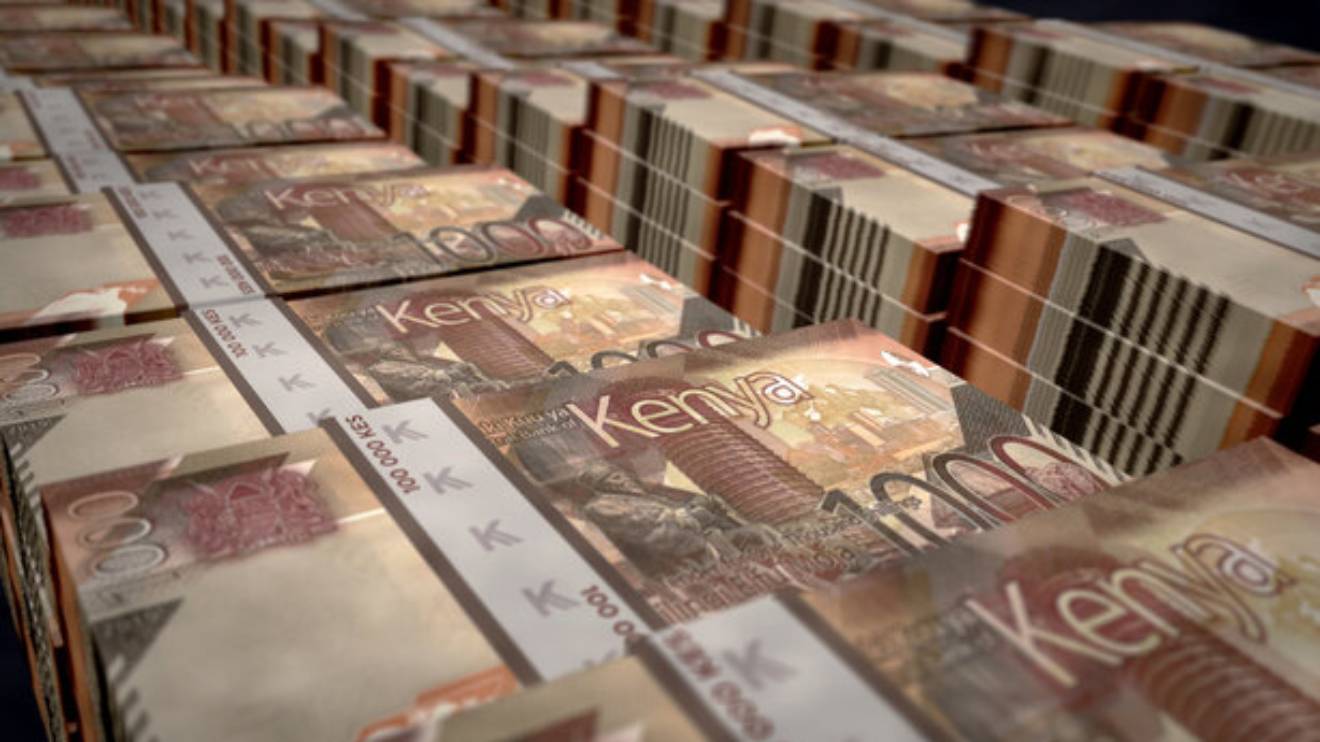
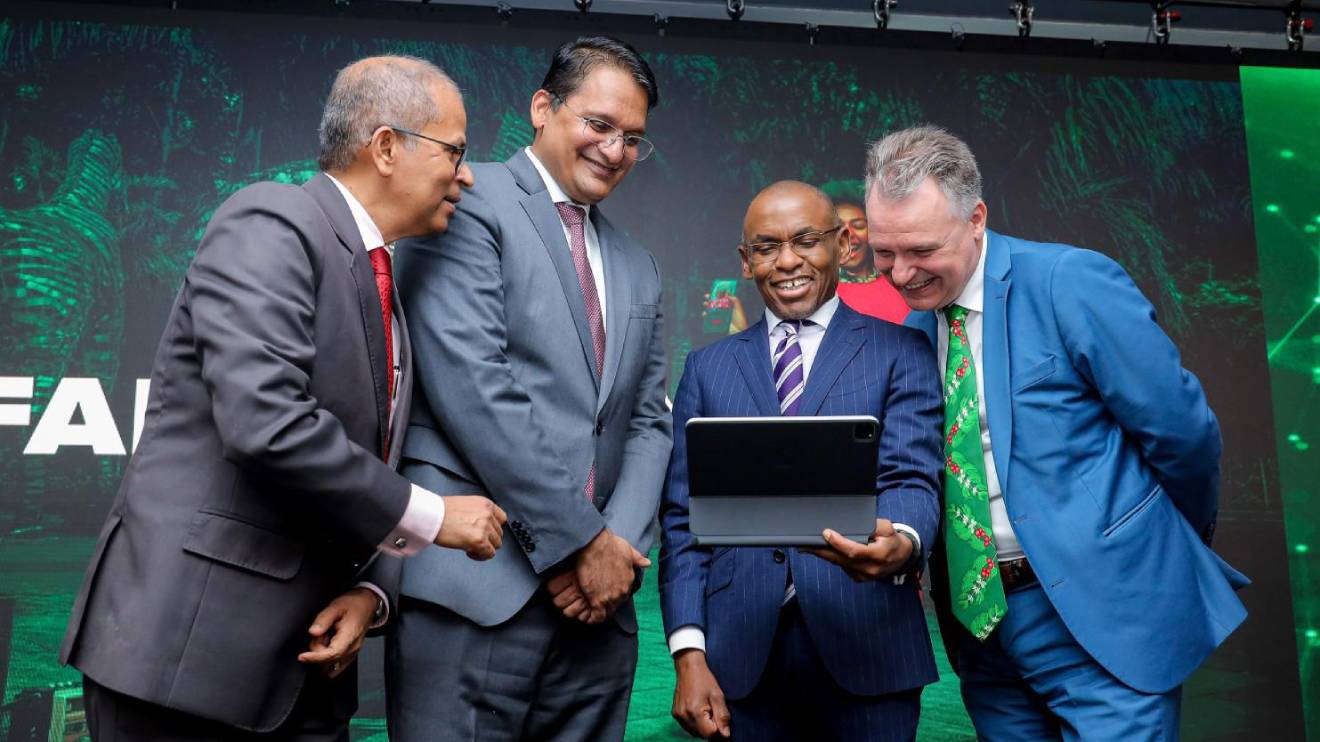
 (1)-1749740948.jpg)
